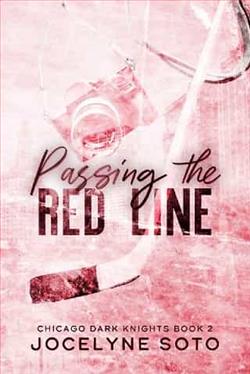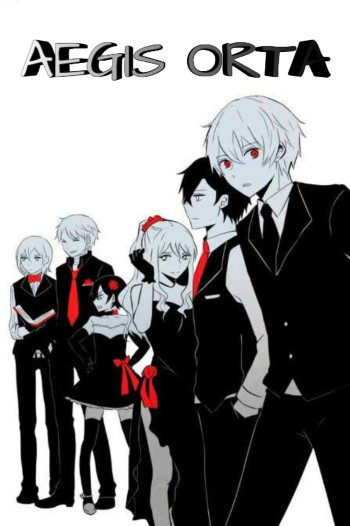Martial Peak Reviews
Jocelyne Soto's Passing the Red Line is a compelling exploration of love, family, and the complexities of a life intertwined with the world of hockey. This novel is not just a sports romance; it is a deep dive into the emotional landscape of a young woman grappling with her past, her passions, and her relationships. Soto crafts a narrative that is both engaging and thought-provoking, making it a must-read for fans of the genre.
At the heart of the story is the protagonist, whose life has been shaped by hockey from a young age. As the daughter of a player, she has seen the sport's highs and lows, and her experiences have left her with a deep-seated resentment. This animosity is palpable and sets the stage for her initial interactions with the male lead, a grumpy hockey player who challenges her perceptions. The tension between them is electric, and Soto does an excellent job of building their relationship with authenticity and depth.
The theme of forgiveness is central to the narrative. The protagonist's journey is not just about finding love but also about reconciling with her past. Her relationship with her father, who coaches the team, adds layers of complexity to the story. The father's apologies and attempts at mending their relationship are poignant and resonate with anyone who has experienced familial strife. Soto handles these themes with sensitivity, allowing readers to empathize with the protagonist's internal struggles.
Character development is one of the novel's strengths. The protagonist is a well-rounded character whose growth is evident throughout the story. Her initial hatred for hockey and the male lead is understandable, given her background, but as the narrative progresses, she learns to see beyond her prejudices. Her evolution is gradual and believable, making her a relatable and compelling character.
The male lead, on the other hand, is a classic example of the "grumpy" archetype often found in romance novels. However, Soto adds depth to his character by exploring his vulnerabilities and motivations. His interactions with the protagonist are filled with witty banter and genuine emotion, making their relationship dynamic and engaging. The chemistry between them is undeniable, and readers will find themselves rooting for their romance to succeed.
Another noteworthy aspect of the novel is its portrayal of the hockey world. Soto's intimate knowledge of the sport is evident in her detailed descriptions of games, practices, and the camaraderie among players. This authenticity adds a layer of realism to the story, making it accessible to both hockey enthusiasts and those unfamiliar with the sport. The novel also delves into the darker side of hockey, addressing issues such as injuries and the pressure to succeed, which adds depth to the narrative.
In terms of writing style, Soto's prose is both engaging and evocative. Her ability to convey emotion through dialogue and description is impressive, and she strikes a balance between humor and drama. The pacing of the novel is well-executed, with a steady build-up to the climax that keeps readers invested in the story.
Comparatively, Passing the Red Line shares similarities with other sports romances, such as Elle Kennedy's Off-Campus series or Sarina Bowen's Brooklyn Bruisers series. However, Soto distinguishes her work by focusing more on the protagonist's personal growth and her relationship with her father, rather than solely on the romantic aspect. This adds a layer of depth that sets it apart from other novels in the genre.
Overall, Passing the Red Line is a beautifully crafted story that explores themes of love, forgiveness, and self-discovery. Jocelyne Soto has created a narrative that is both heartwarming and thought-provoking, with characters that linger in the reader's mind long after the last page is turned. Whether you're a fan of sports romances or simply enjoy a well-told story, this novel is sure to captivate and inspire.
























Reviews 0
Post a Reviews: